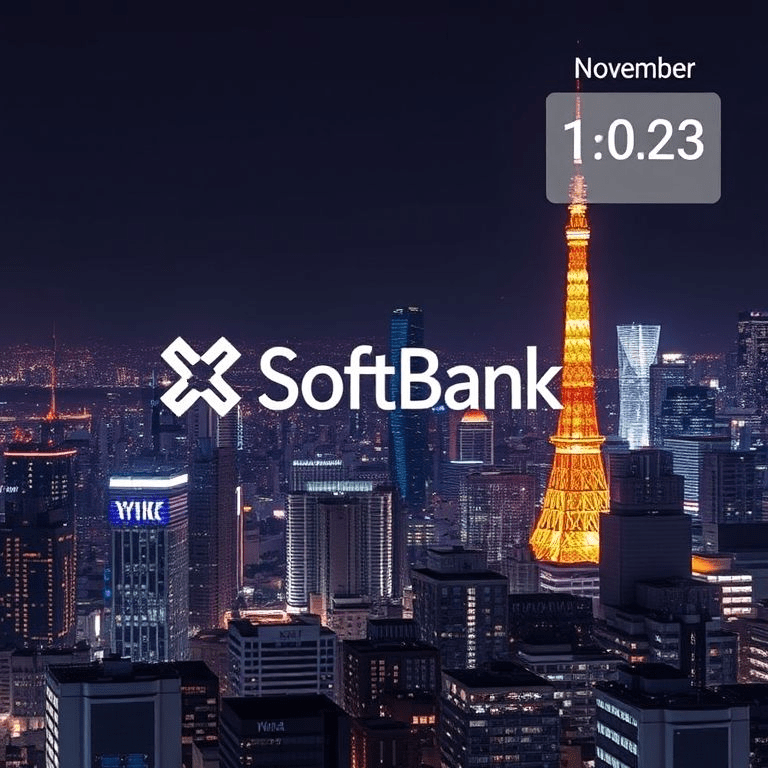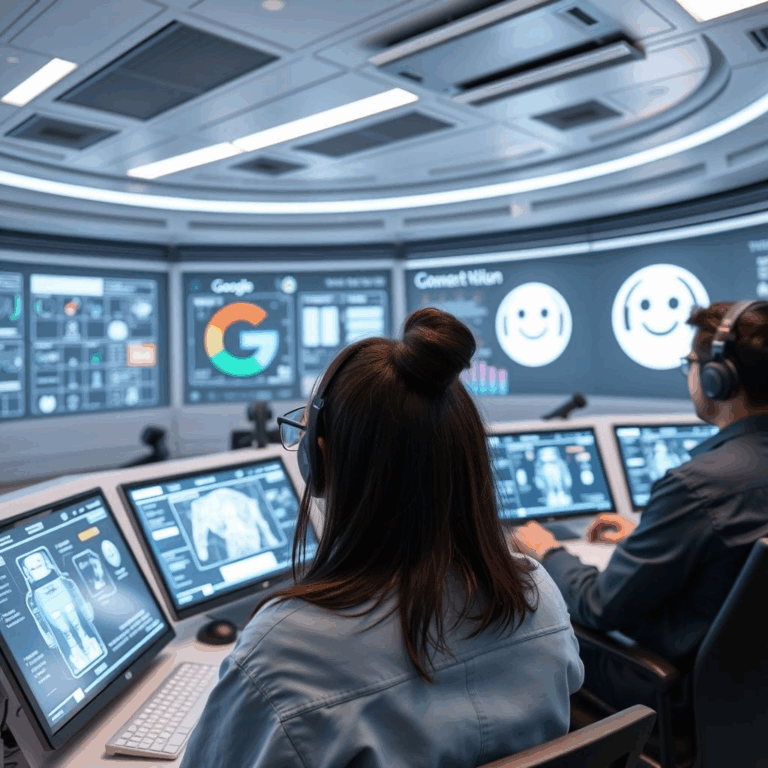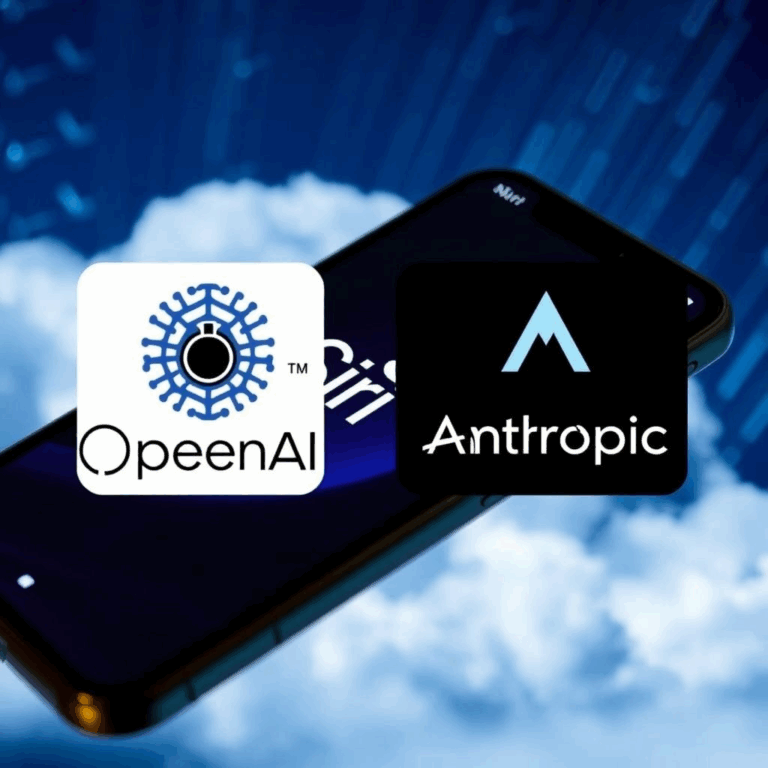SoftBank–OpenAI Japan Venture Faces Delay: What It Means for AI in Asia
The much-anticipated SoftBank–OpenAI joint venture in Japan, originally set to launch this summer, has been delayed, according to sources familiar with the matter. The venture, tentatively known as SB OpenAI Japan, was meant to bring advanced generative AI capabilities to Japanese enterprises at scale. But the delay, with the next update now pushed to November 2025, underscores the complexities of launching cross-border AI partnerships in one of the world’s most regulated and tech-savvy markets.
Background: Why Japan Matters for OpenAI and SoftBank
Japan is not just another market for generative AI — it is Asia’s third-largest economy with a highly digitized consumer base and corporations that lead globally in manufacturing, automotive, and telecommunications. For OpenAI, expansion into Japan would solidify its footprint in Asia, complementing its presence in the U.S. and Europe.
For SoftBank, this joint venture represents a continuation of founder Masayoshi Son’s long-standing ambition to dominate the AI landscape. Son famously declared that AI would surpass human intelligence within decades and that SoftBank should position itself as a core infrastructure provider for AI in Asia. After setbacks with the Vision Fund’s overexposure to unprofitable startups, this partnership is seen as an opportunity for SoftBank to reassert leadership in a tangible, operationally grounded way.
Reasons Behind the Delay
While neither SoftBank nor OpenAI has publicly disclosed the precise cause of the delay, analysts cite several plausible factors:
- Regulatory Complexities
Japan maintains strict data privacy and residency requirements. Operating a U.S.-designed AI model on Japanese soil requires localization, compliance with Japan’s Act on the Protection of Personal Information (APPI), and potential coordination with the Ministry of Internal Affairs and Communications. - Infrastructure Readiness
The joint venture would likely require dedicated data centers to host OpenAI’s models within Japan. Establishing such infrastructure involves not only technical deployment but also negotiating contracts with local cloud providers and ensuring low-latency access for enterprises. - Commercial Alignment
SoftBank and OpenAI must define how revenue sharing, licensing, and product customization will work. Unlike Western markets, Japanese enterprises often demand long-term service commitments, white-glove customization, and integration with legacy IT — all of which complicate a quick rollout. - Talent and Localization
Language and culture are also hurdles. Japanese enterprises expect AI tools optimized for Japanese natural language processing (NLP). Local engineering talent must be trained to fine-tune models, provide support, and ensure culturally aligned outputs.
Industry Reactions
The delay has sparked mixed reactions across Japan’s tech ecosystem.
- Enterprise customers: Many large Japanese corporations had already begun budgeting for OpenAI-powered services in Q4 2025. For them, the delay creates uncertainty, but also signals that SoftBank is not rushing an unfinished product.
- Competitors: Local AI startups and global players like Google DeepMind and Anthropic see the delay as a window of opportunity to court Japanese clients.
- Investors: SoftBank’s stock dipped slightly after news of the delay, though analysts expect investor sentiment to rebound once a clearer roadmap emerges in November.
Global Context: AI Partnerships Are Getting Harder
SoftBank’s delay is not isolated — it reflects a global trend. As governments worldwide push for data sovereignty, AI providers increasingly need to form localized ventures instead of deploying global services from a single cloud. Similar efforts can be seen in:
- EU: OpenAI is negotiating data residency options to comply with the EU AI Act.
- Middle East: Microsoft and Google are exploring regional AI hosting partnerships.
- China: Local rules have forced Western AI providers to stay out, leaving room for Baidu and Alibaba to dominate.
Japan sits somewhere in between: open to Western partnerships but insistent on strong domestic safeguards.
What Happens Next
SoftBank has promised a progress update in November 2025. By then, analysts expect the following questions to be addressed:
- Will SB OpenAI Japan operate models entirely on Japanese soil?
- What will the ownership structure look like — majority SoftBank, or a balanced split?
- Which industries will be prioritized — finance, telecom, retail, or government?
- How will the venture differentiate itself from direct OpenAI API access?
The answers could determine whether Japan becomes the template for regional AI partnerships globally.
Expert Perspective
“Japan is a trust-driven market,” says Dr. Kenji Sato, a Tokyo-based AI policy researcher. “If OpenAI and SoftBank can demonstrate compliance, cultural sensitivity, and robust enterprise support, they could set the gold standard for international AI rollouts.”
Conclusion
The SoftBank OpenAI Japan joint venture delay highlights the complexities of marrying cutting-edge AI with local regulatory, cultural, and enterprise realities. While the delay may frustrate early adopters, it could ultimately strengthen the foundation of the venture — ensuring it is sustainable, compliant, and scalable in Japan’s unique market.







